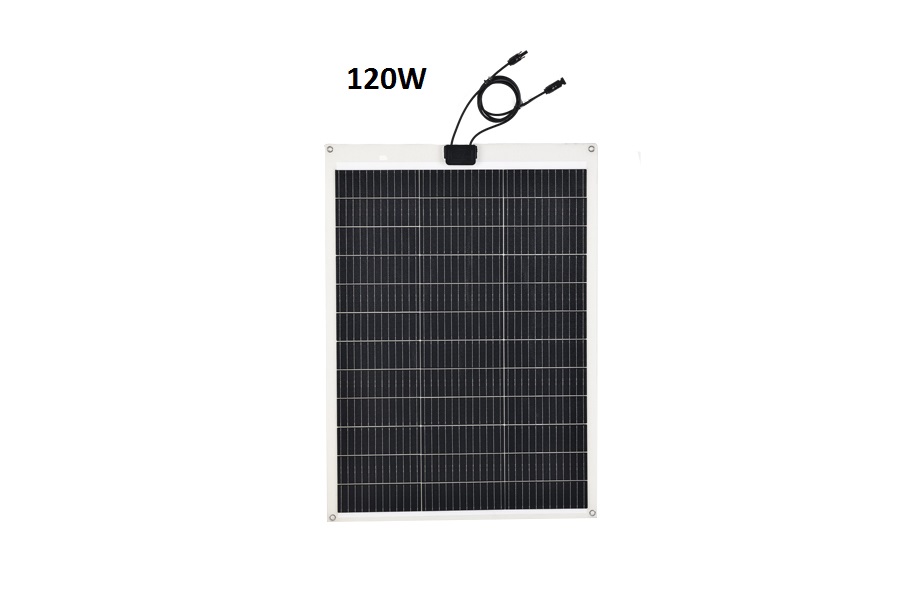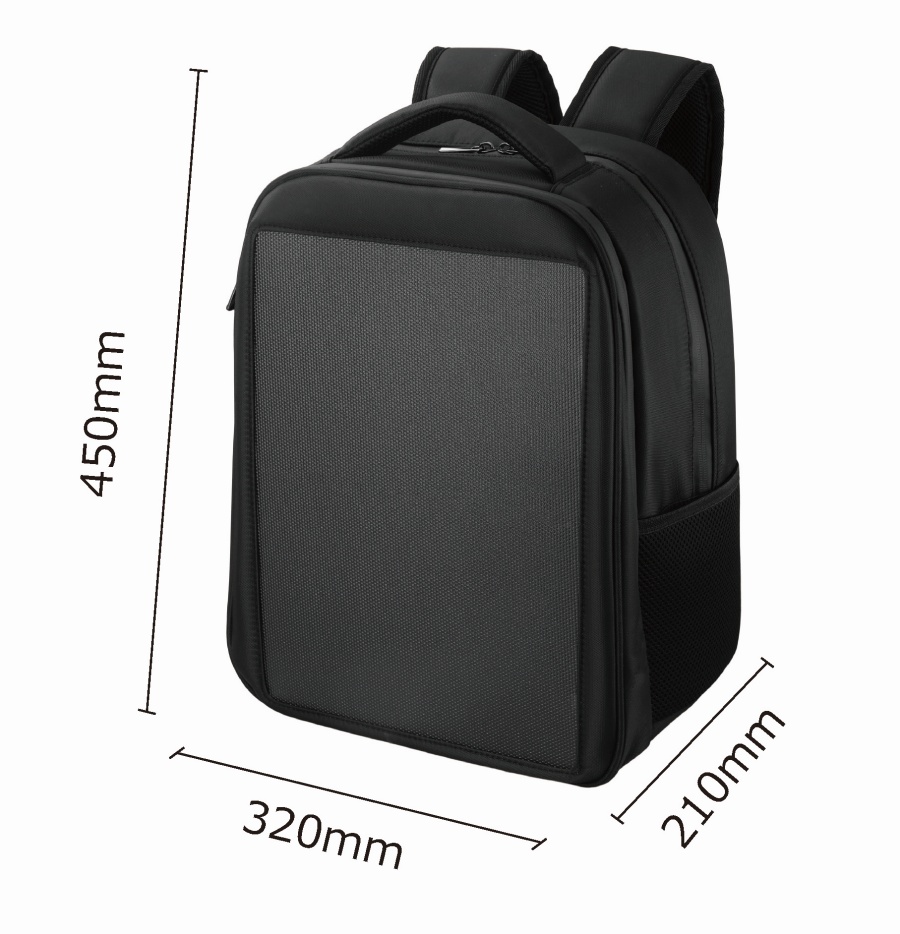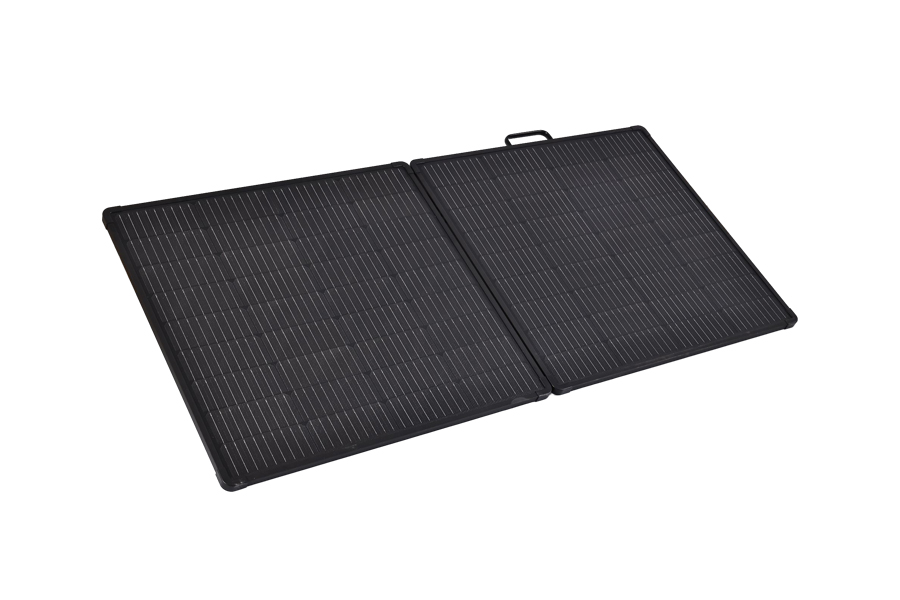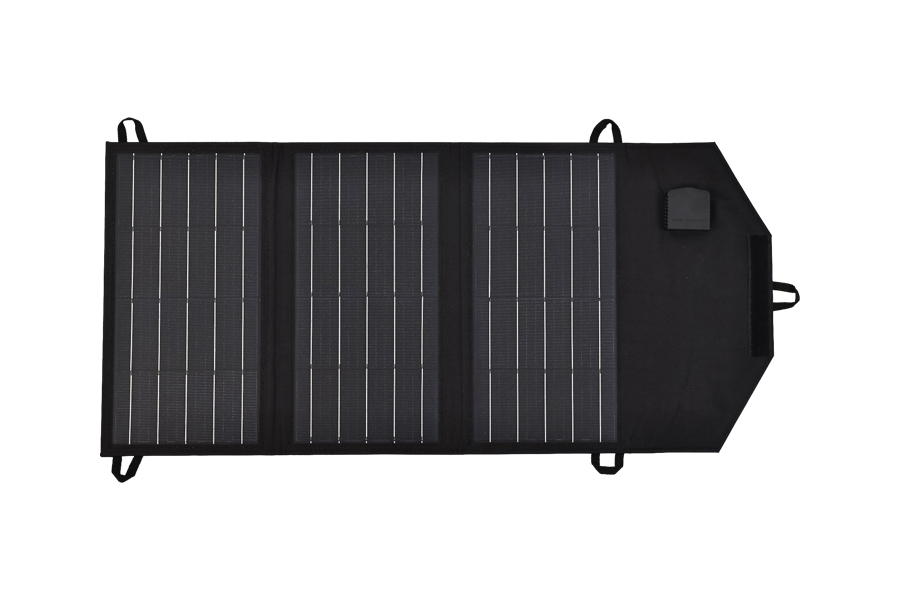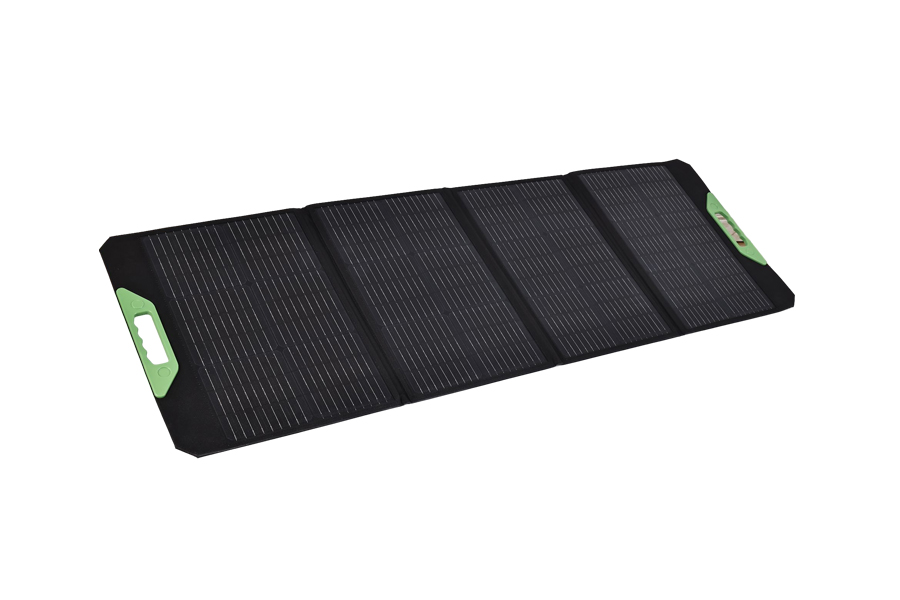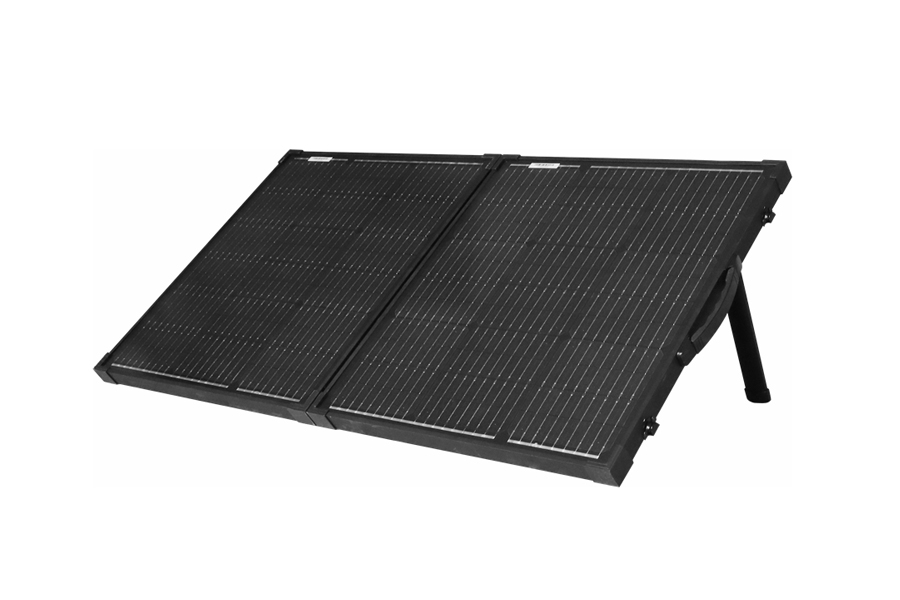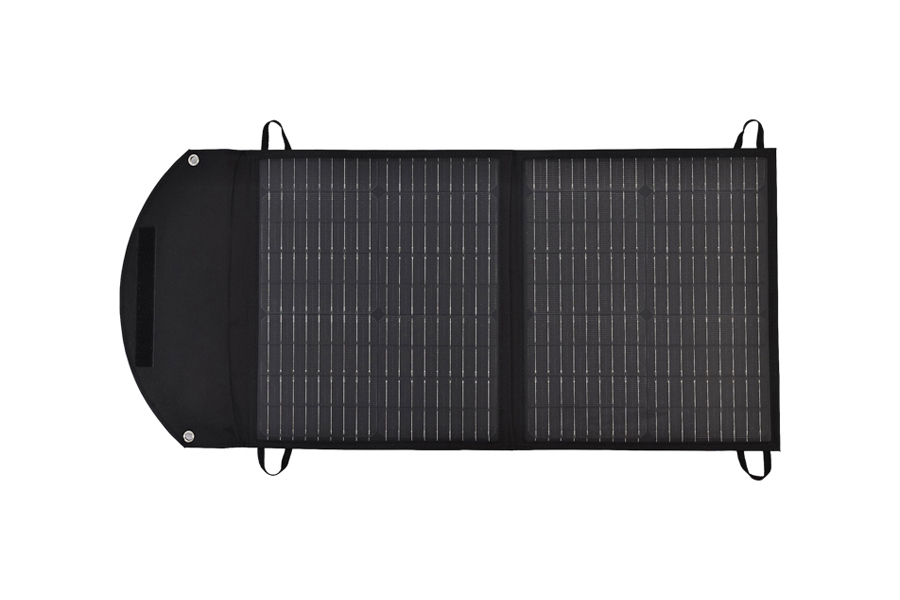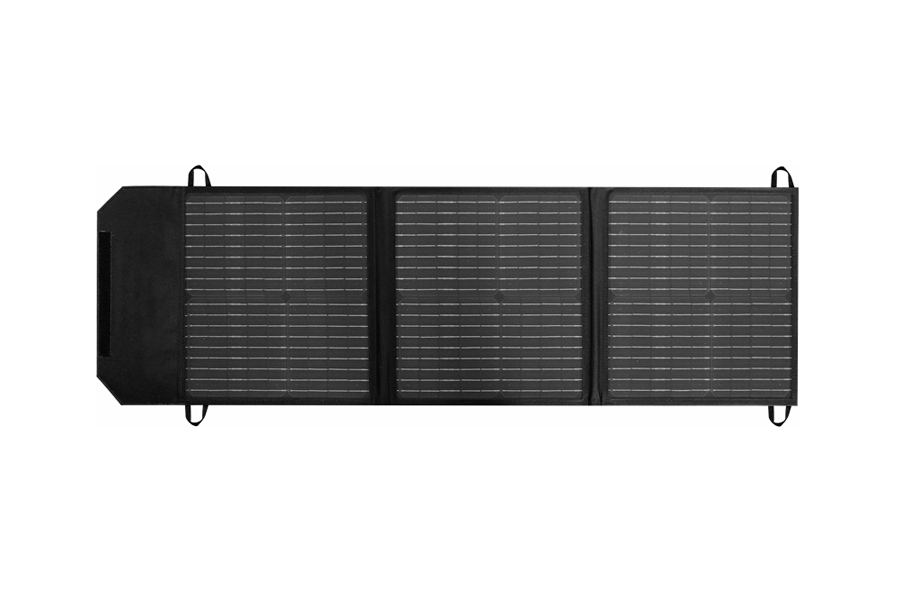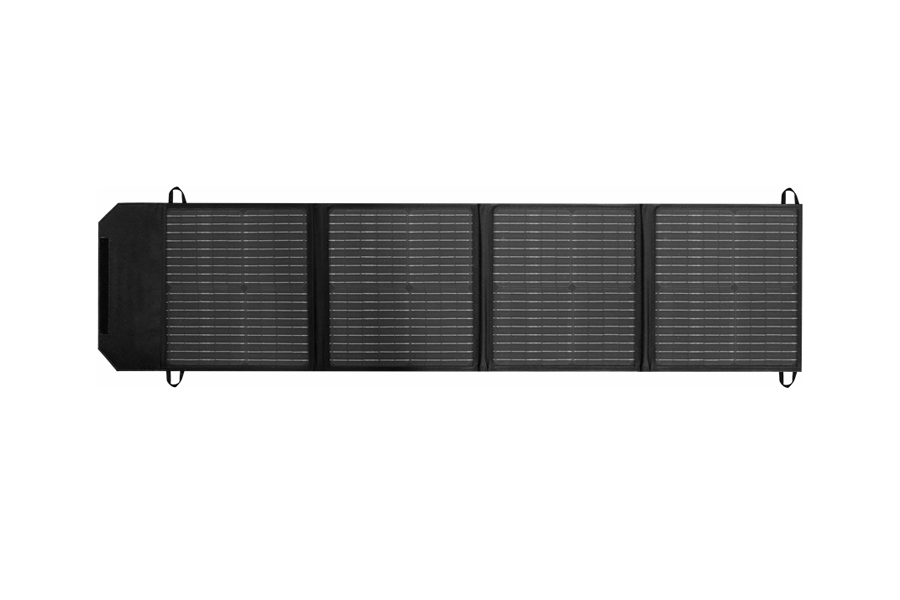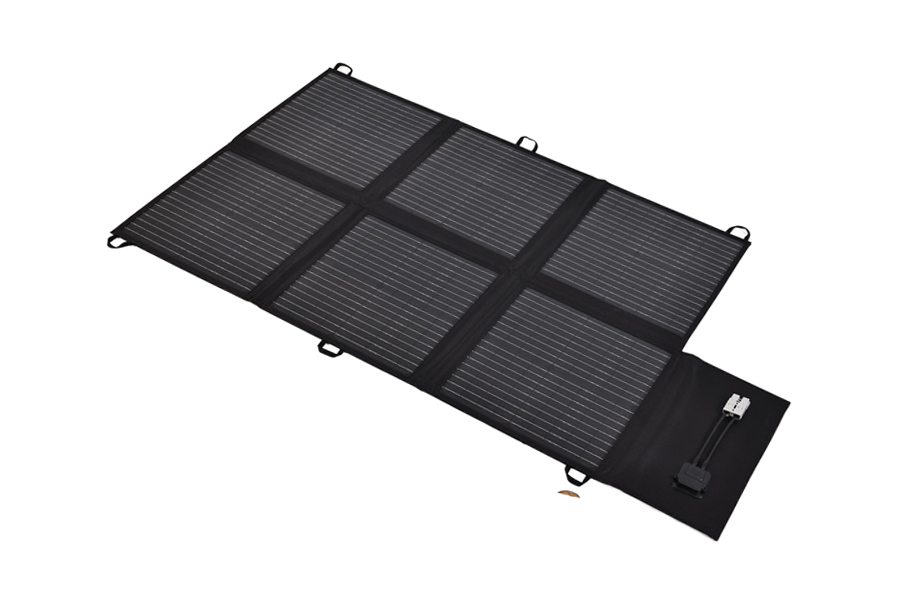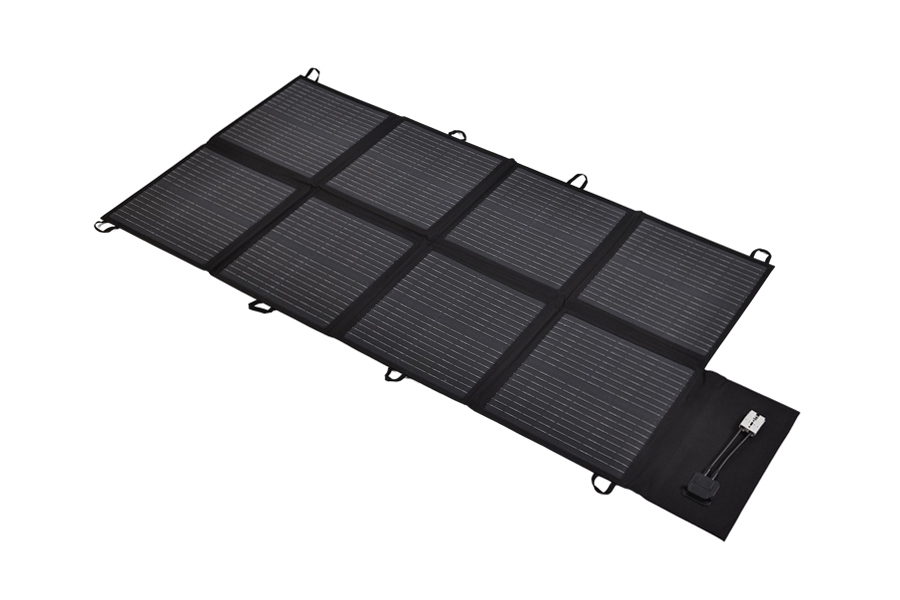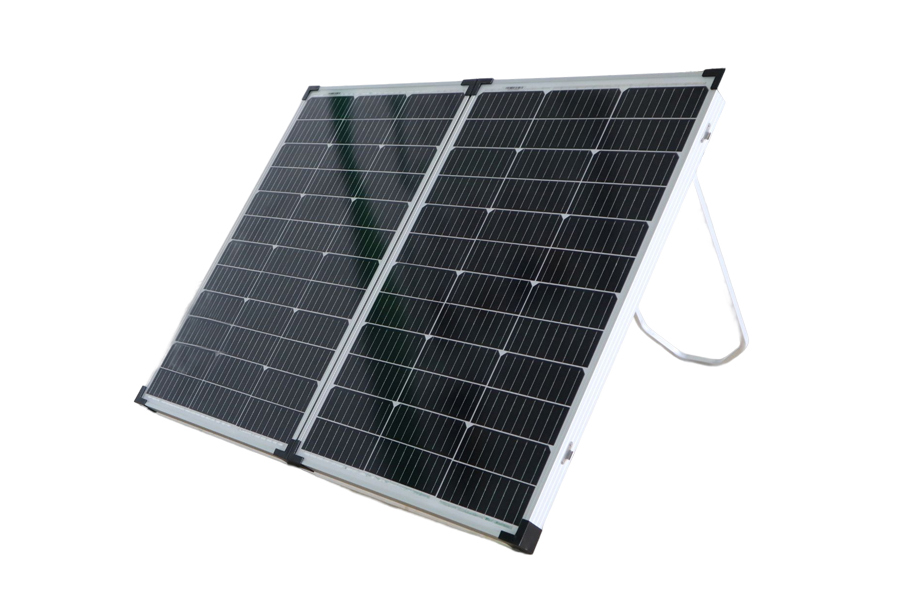Design Sale Wholesale Flexible Solar Panels Manufacturer
Wholesale flexible solar panels have become an increasingly popular choice for a variety of applications, from residential installations to commercial and industrial uses. One of the concerns for potential users is whether these panels are waterproof and durable enough to withstand the rigors of outdoor environments. This article will explore the features that make wholesale flexible solar panels suitable for long-term outdoor use, focusing on their waterproof capabilities and overall durability.
The waterproof nature of wholesale flexible solar panels is a critical feature for outdoor applications. These panels are typically constructed with several layers designed to protect the solar cells from the elements. The top layer is often a transparent encapsulant, which not only allows light to pass through to the solar cells but also serves as a barrier against water and moisture. This encapsulant is usually made from materials like ethylene-vinyl acetate (EVA) or polyvinyl butyral (PVB), both of which are known for their water-resistant properties.
Beneath the encapsulant, a layer of back sheet or a similar protective layer is used to shield the solar cells from physical damage and water ingress. These back sheets are made from materials like TPT (thermoplastic polyurethane) or TPE (thermoplastic elastomer), which are highly resistant to water penetration. The edges of the panels are also sealed to prevent any water from seeping in through the sides.
Durability is another key factor when considering the use of wholesale flexible solar panels in outdoor environments. These panels are designed to be flexible, which not only allows for easier installation on curved surfaces but also contributes to their durability. The flexibility means that the panels can better withstand physical stress, such as wind, hail, or the expansion and contraction caused by temperature fluctuations.
The materials used in the construction of wholesale flexible solar panels are chosen for their ability to endure harsh weather conditions. For instance, the encapsulant and backsheet materials are UV-resistant, which prevents degradation from prolonged sun exposure. Additionally, the adhesives used to bond the layers together are formulated to maintain their integrity over time, ensuring that the panels do not delaminate or lose their structural integrity.
When assessing the long-term performance of wholesale flexible solar panels in outdoor environments, it's important to consider the overall design and quality of the product. High-quality panels will have undergone rigorous testing to ensure that they can operate efficiently and reliably for many years. This includes tests for salt mist, damp heat, and thermal cycling, which simulate the effects of coastal, humid, and temperature-variable environments.
Manufacturers of wholesale flexible solar panels often provide warranties that cover the performance and durability of their products. A typical warranty might guarantee that the panels will maintain a certain percentage of their original output (for example, 80% over 25 years). This warranty period gives users confidence in the long-term viability of their solar investment.
Proper maintenance is essential for ensuring the longevity of wholesale flexible solar panels. While these panels are designed to be low-maintenance, it's still important to keep them clean and free of debris, which can accumulate over time and reduce their efficiency. Regular visual inspections can also help to identify any potential issues, such as damage to the encapsulant or backsheet before they become serious problems.
In conclusion, wholesale flexible solar panels are engineered with robust waterproofing and durability features that make them well-suited for long-term use in outdoor environments. Their construction, including the use of water-resistant encapsulants and backsheets, as well as UV-resistant materials, ensures that they can withstand a variety of weather conditions. With proper care and maintenance, these panels can provide reliable energy generation for many years, making them a worthwhile investment for those seeking a renewable energy solution.



 English
English 中文简体
中文简体 Français
Français Español
Español Deutsch
Deutsch